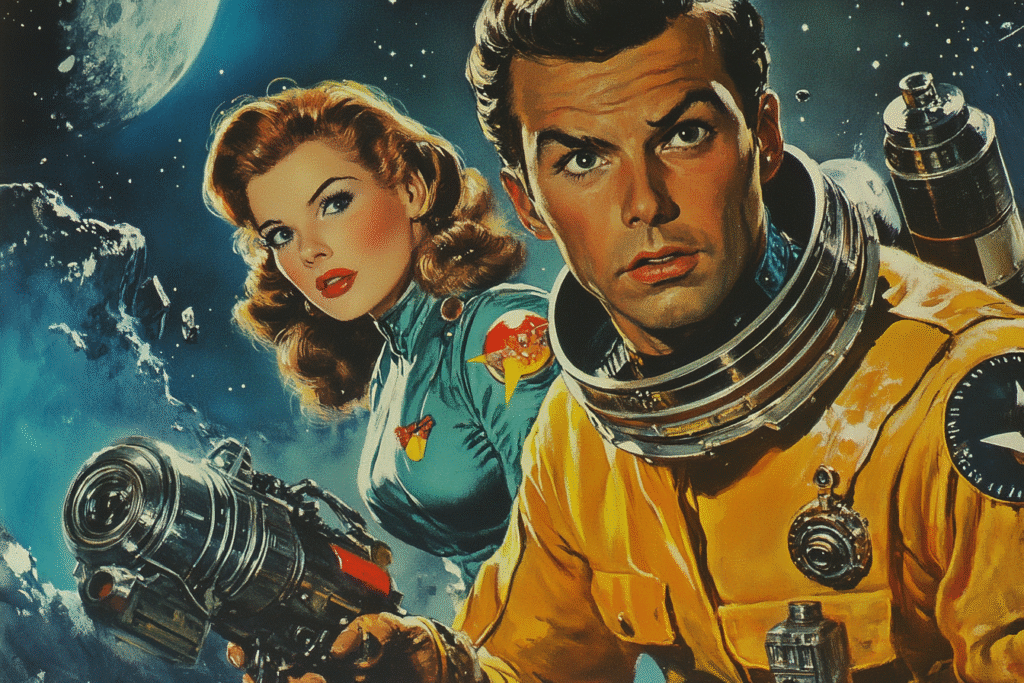
Why am I talking about pulp fiction? (No, not the movie — which got its name from Tarantino’s inspiration for the story.)
Two reasons: Classic SF got its start in the pulp magazines. And my Ptolemy Lane Tales series was my nod to classic hardcore pulp fiction.
Classic pulp stories are often decried for their simplicity and dependence upon erotic elements to move copies. The criticism overlooks one of the primary functions of pulp stories: They were written to entertain.
And my god, they did that in spades.
At their peak of popularity in the 1920s and 1930s, the most successful pulps could sell up to one million copies per issue. In 1934, Frank Gruber (writer) said there were some 150 pulp titles.*
[*Wikipedia]
Because they were successful at entertaining, many stories and writers who started in the pulps went on to become “classic” novels and authors.
The authors who “broke out” did so across the fiction genres, but I will stick to detective/adventure/thrillers:
Dashiell Hammett — The Thin Man

Dashiell Hammett started in the pulps and never really left them–his stories were pure hardboiled entertainment that was packaged as novels that sold as well as the pulps.
Raymond Chandler — The Long Goodbye

No list of pulp-to-mainstream could be complete without Chandler in it.
Patricia Highsmith — Strangers On A Train

This one tends to raise brows. Not many people realize the novel is pure pulp–sexy, scandalous and pure entertainment.
Elmore Leonard — all his work
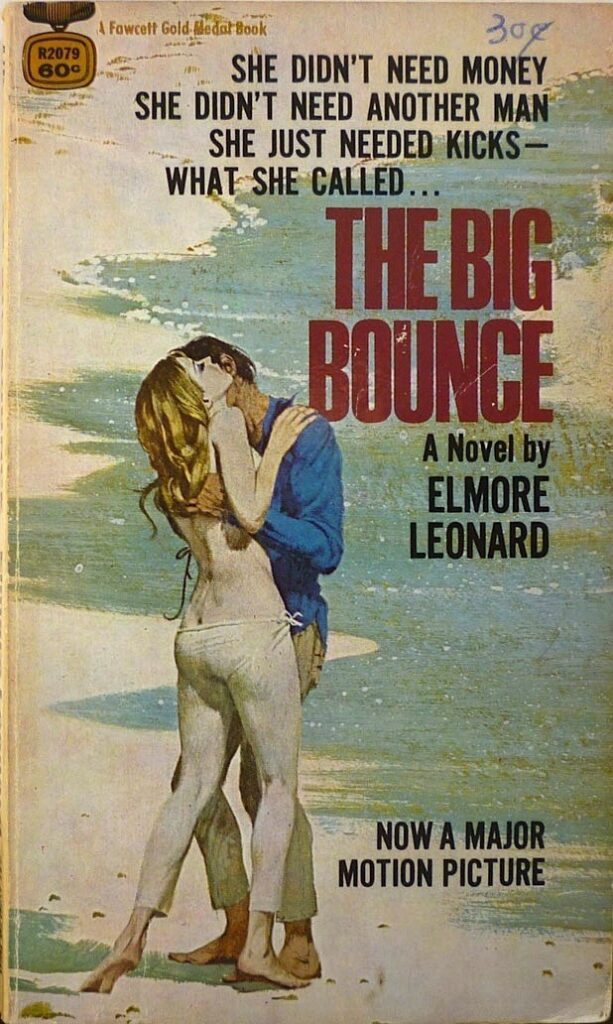
Elmore Leonard is one of the more contemporary authors who have made entertaining via fiction their primary goal and succeeded brilliantly.
The dialogue between his characters is enough to keep you reading, but then he throws in violence, sex and plot twists worthy of pretzels.
Michael Crichton writing as John Lange

There’s not a lot of readers who realize that Jurassic Park creator Michael Crichton got his start writing pulp novels.
It shows in his later novels, though. He mastered the gripping plot well.
Donald E. Westlake writing as Richard Stark — The Hunter
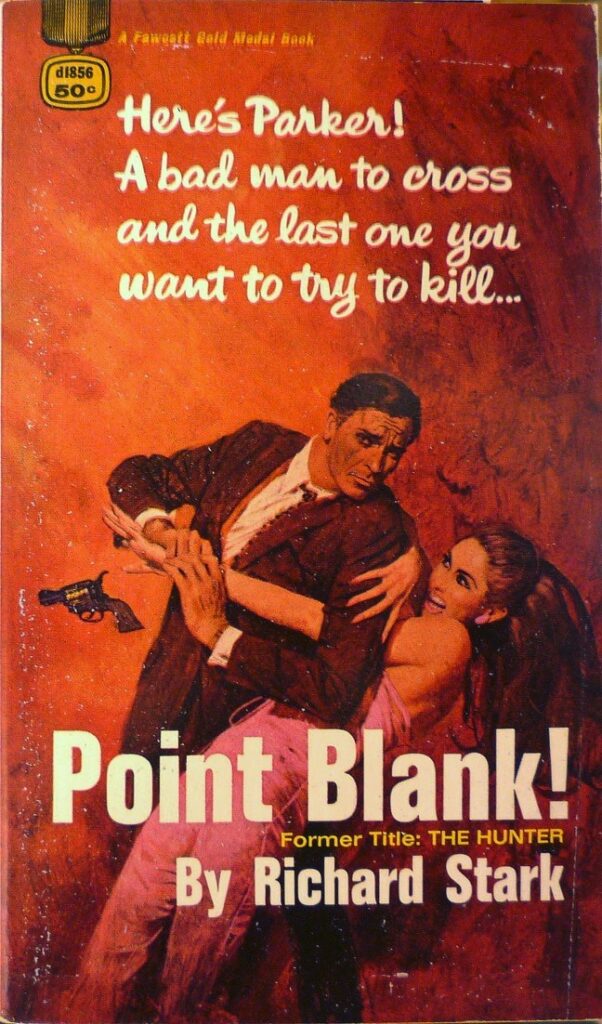
Originally published under The Hunter, Westlake admits that it was written purely for money for the month. Yet the movie rights were picked up, the story retitled as Point Blank, and the resulting movie is considered classic cinema.
Absolutely—there are science fiction writers who followed a similar trajectory, starting out in the pulp trenches and going on to become foundational figures in SF and even mainstream literature. Here’s a bonus section you can drop into your post, with tone and rhythm to match your draft:
BONUS: Pulp SF Writers Who Made It Big
While the examples above lean hard into crime and thrillers, pulp fiction was also the nursery for some of the greatest names in science fiction. These writers began in the same lurid, fast-paced pages, grinding out stories for pennies a word—only to eventually shape the genre and, in some cases, cross into mainstream literary success.
Isaac Asimov — Foundation
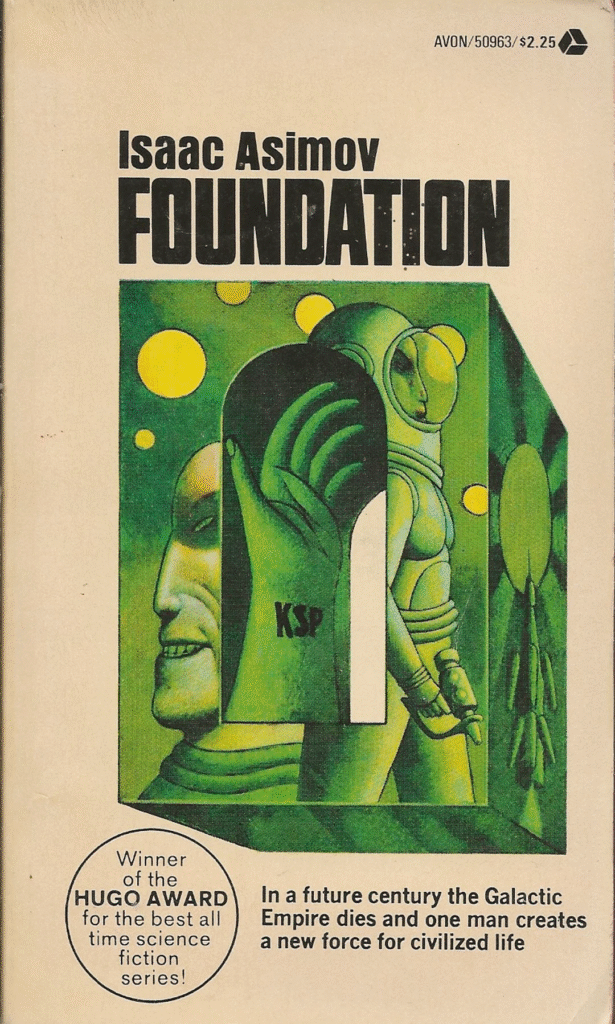
Asimov’s early work appeared in Astounding Science Fiction, one of the most influential pulp-era SF magazines. His Foundation stories began there and went on to become cornerstones of the genre. His crisp, idea-driven style and prolific output earned him a mainstream audience and a spot in the literary canon of the 20th century.
Ray Bradbury — Fahrenheit 451
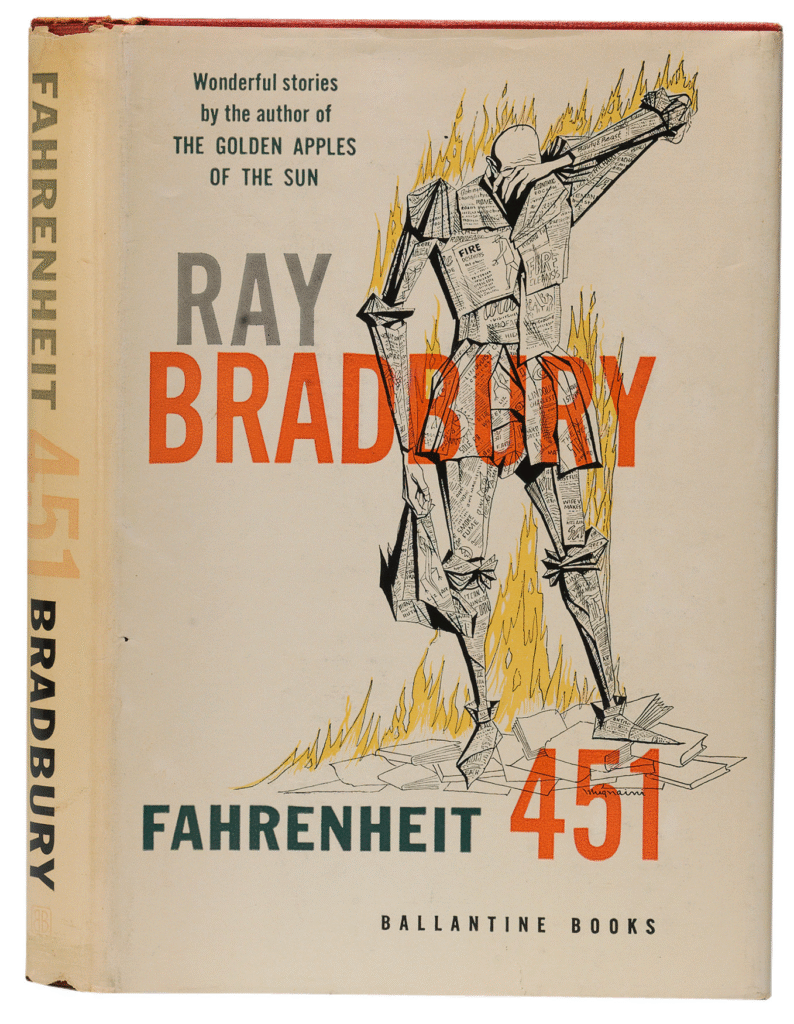
Bradbury sold his first stories to pulp magazines like Weird Tales, but his poetic, visionary writing style set him apart even then. The Martian Chronicles and Fahrenheit 451 are now taught in schools, but it all began with otherworldly tales tucked between ads for mail-order miracle cures.
Robert A. Heinlein — Stranger in a Strange Land
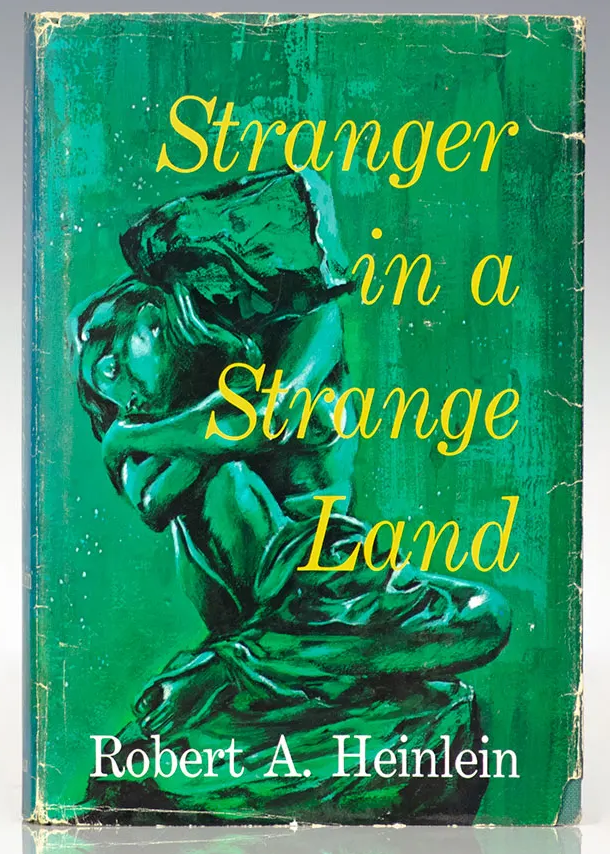
Heinlein’s early stories were pure pulp: high-concept, rapid-fire adventure tales published in Astounding during the Golden Age. Yet his name would eventually be synonymous with literary SF, and he helped legitimize science fiction as a genre with serious philosophical weight.
Philip K. Dick — Do Androids Dream of Electric Sheep?

Dick started out writing for low-end SF digests and pulp mags, hustling to make rent. His stories were weird, paranoid, and obsessed with identity and reality—elements that would become hallmarks of his work. While he never found mainstream success in his lifetime, his posthumous fame exploded with film adaptations like Blade Runner and Minority Report.
Leigh Brackett — The Long Tomorrow
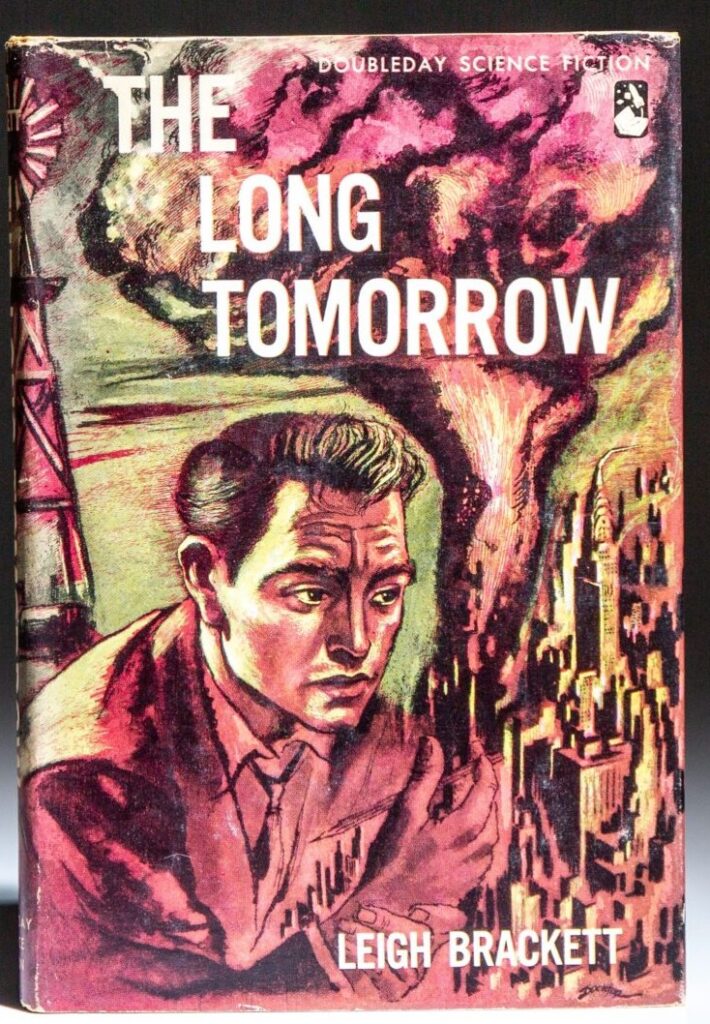
Brackett was the queen of planetary romance, penning action-packed space operas for Planet Stories. She transitioned smoothly into screenwriting (The Big Sleep, Rio Bravo, even a draft of The Empire Strikes Back), proving that pulp roots could lead to Hollywood heights.
___
These are just a few of the pulp-born authors who broke out and reshaped their genres—or invented new ones entirely. But the beauty of pulp fiction is that it was a wide-open field, and many more writers made their mark in ways both bold and subtle. Got a favorite author who started in the pulps and went on to greatness? Or a book that deserves more attention than it gets?
Is there a contemporary writer who is writing books that read like classic pulp? (That is, pure, can’t-sleep-yet entertainment?)
Drop your recommendations in the comments—I’m always up for discovering more pulp roots.
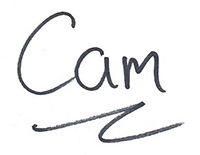
Latest releases:
Quiet Like Fire — Aurealis Award Finalist for Best SF Novella!
Solar Whisper
Ptolemy Lane Tales Omnibus